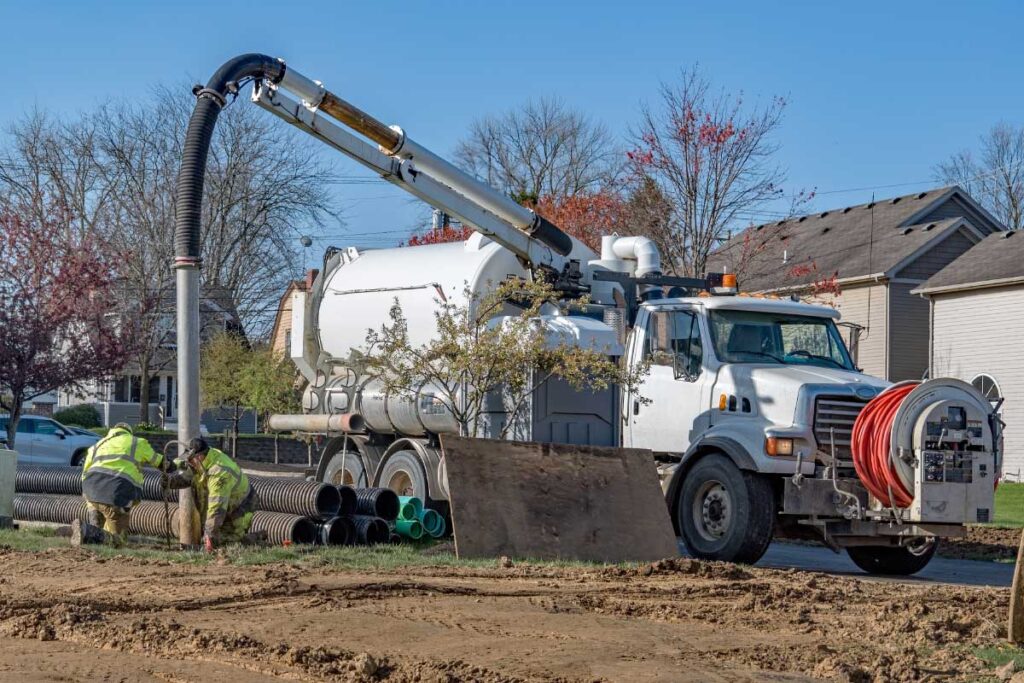Electric vehicles (EVs) are becoming increasingly popular as the technology improves and charging infrastructure is developed. However, EVs are not yet common in the field service industry, due largely to range anxiety and lack of appropriate charging infrastructure.
Range anxiety is the fear that an EV will run out of power before reaching its destination, leaving the driver stranded. This is a real concern for field service technicians, who often travel long distances and may not have access to charging stations.
Lack of Appropriate Charging Infrastructure: One of the biggest challenges facing EVs is the lack of appropriate charging infrastructure. There are very few public chargers available, and those that do exist are often incompatible with different EV models. This makes it difficult for field service companies to deploy EVs, as they cannot rely on their technicians to have access to reliable charging stations.
With continued advances in technology and increased investment in infrastructure, electric vehicles are expected to play a larger role in the field service industry in the years to come.







